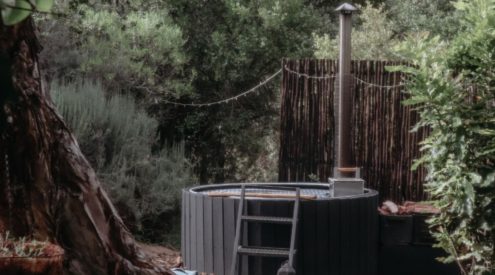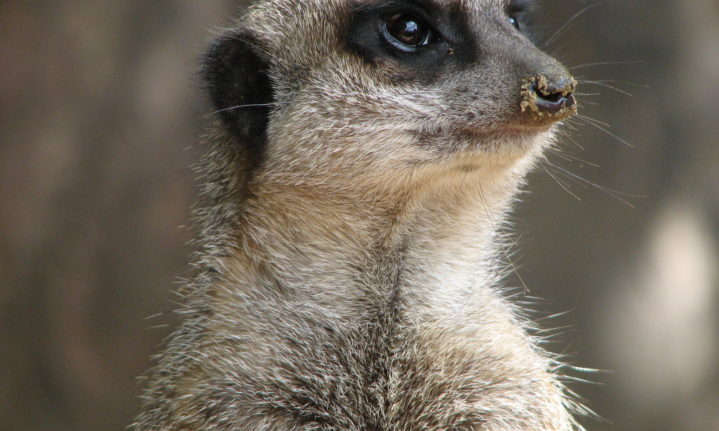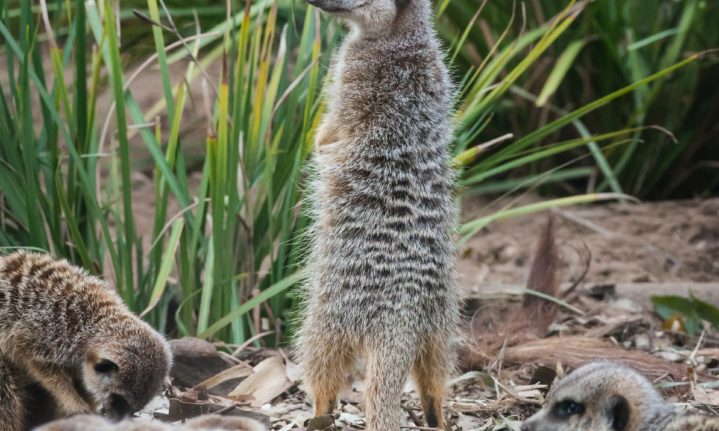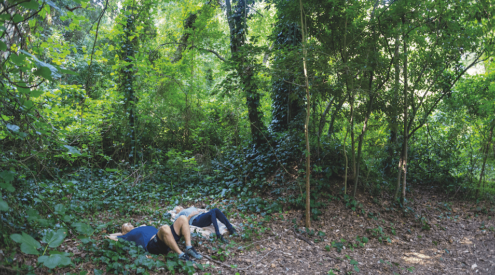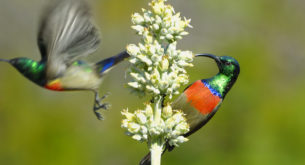Meerkats, with their inquisitive black eyes and typical upright sentinel postures, are an iconic image of Africa and a common sight in bushveld areas. Yet, many people don’t know all that much about these burrowers.
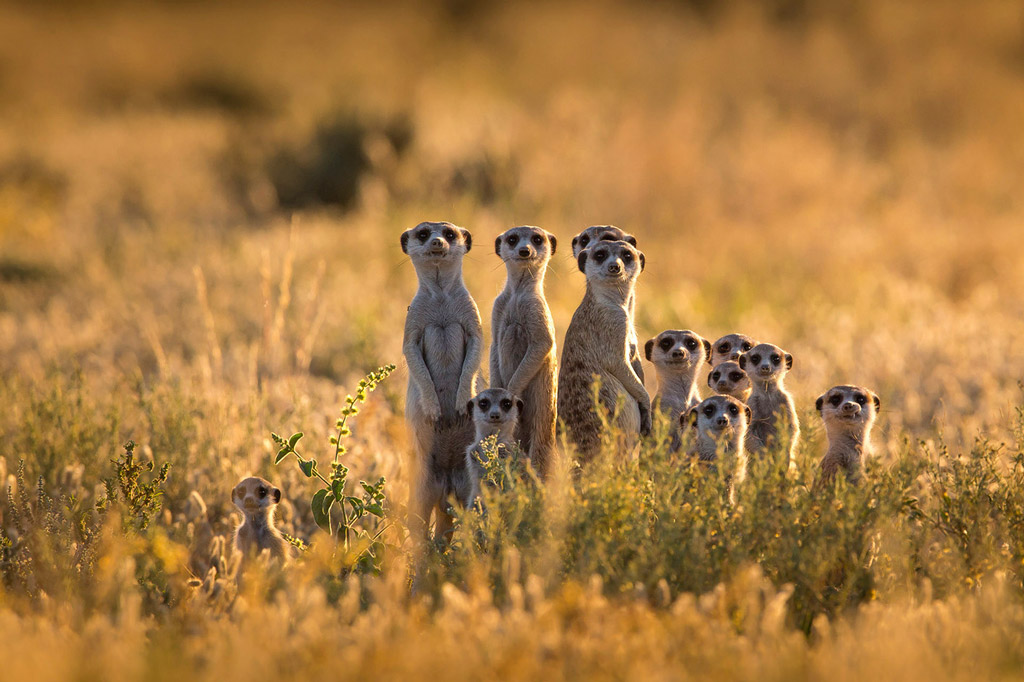
Picture: Christophe Jobic
Meerkats are members of the mongoose family (Herpestidae), and endemic to southwestern Africa. They live in underground burrow systems of up to 5 metres across and tunnels reaching 1.5 metres below ground. Here, they sleep in the hot afternoons, shelter at night, and give birth to pups. According to Britannica, meerkats have been reported to co-habitate with South African ground squirrels.

Picture: Unsplash
They are omnivores and eat beetles, caterpillars, termites, spiders, and scorpions, as well as small birds, snakes, and rodents. These mammals display sentinel behaviour when feeding. One meerkat will keep watch while the others are foraging and if the sentinel sees a predator, it sounds the alarm with a high-pitched call to warn the others.
Social behaviour
Meerkats are very social animals, living in large groups. There is usually one dominant female who will produce more pups than the others, and other females act as helpers to raise the pups together.
These helpers will feed her pups until they are up to six months old, and also make sure all the young are accounted for when the group is on the move. They are thus very valuable to the matriarch, so she does not want the other females to breed, possibly causing them to stop caring for her offspring.
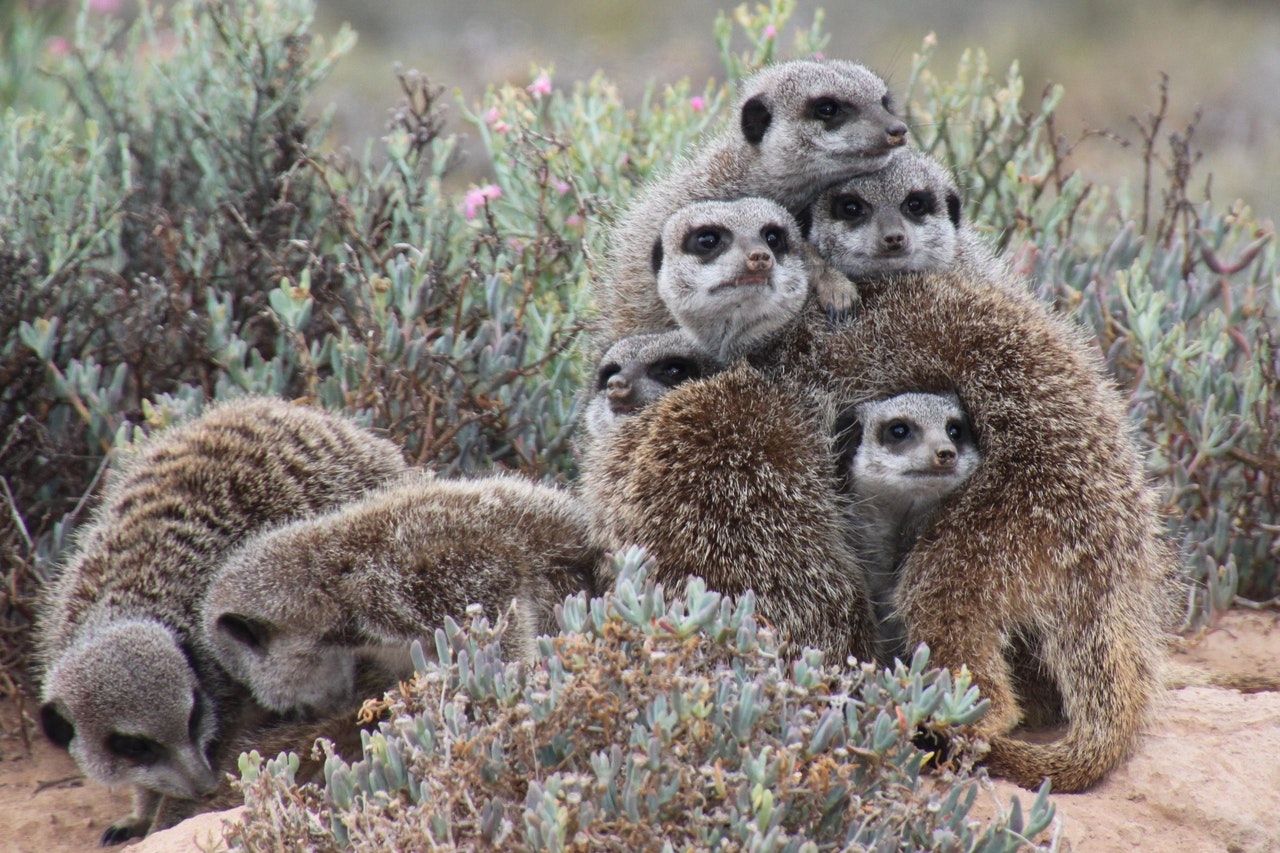
Picture: Pexels
To prevent the other females from having their own pups, the dominant female secretes endocrine hormones that inhibit ovulation in the other females. Should any of them however fall pregnant, the dominant female may attack them during pregnancy or even kill their newborn pups in order to ensure all the females will help take care of her pups instead.
More interesting facts
Here are some more unusual tidbits about these animals, according to Tropical World:
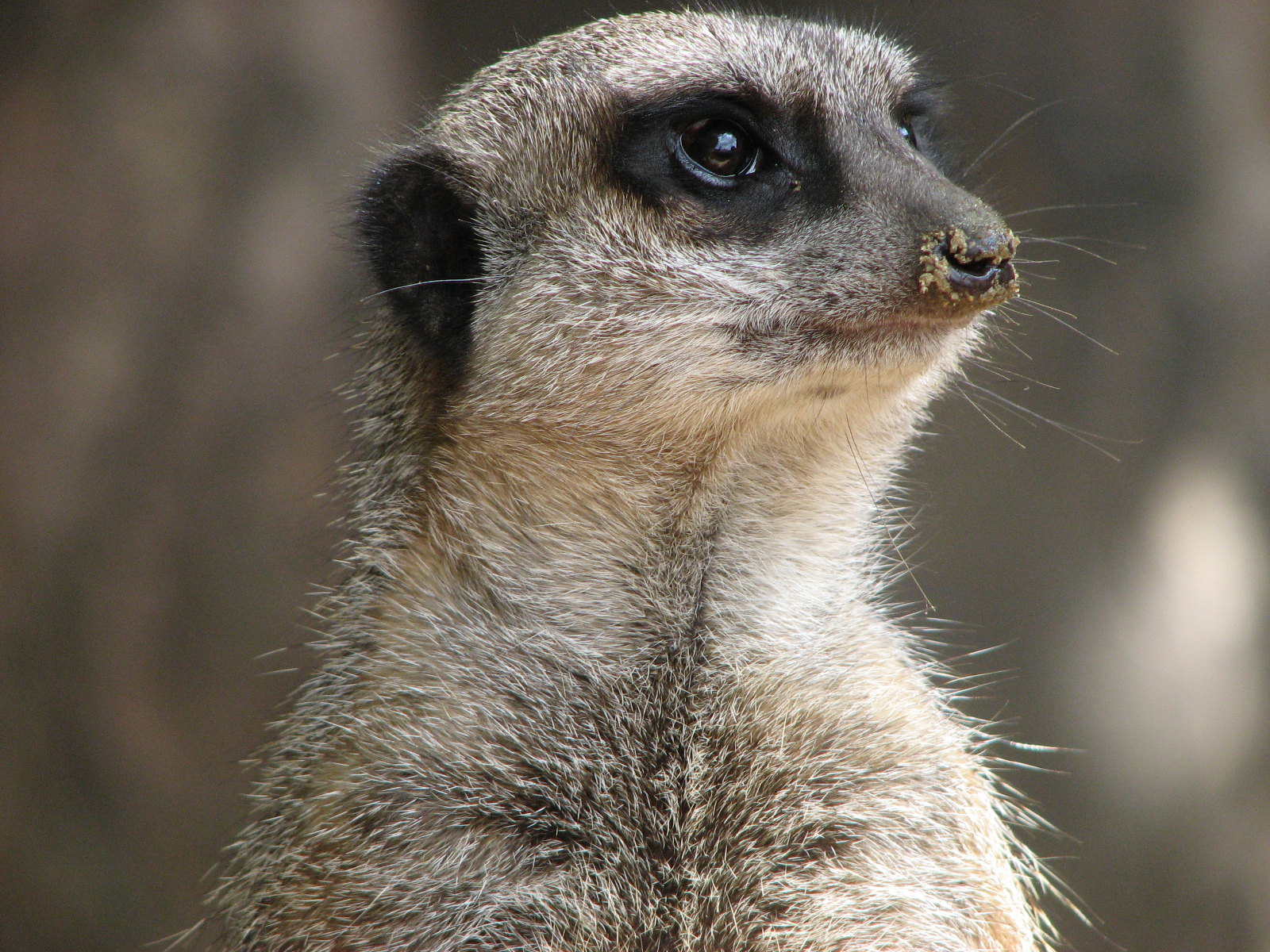
Picture: Nicki via Flickr
-Meerkats are immune to most venom from other animals like scorpions and snakes.
-There are several collective nouns for groups of meerkats, including a mob, a clan, a gang and a manner.
-They do not drink water, but get all their hydration from their food.
-Meerkats can live up to eight years in the wild.
-Meerkats are very intelligent. A study at St Andrews University in Scotland has found that meerkats use complex coordinated behaviour, likened to that of chimps, dolphins and even humans. They can solve tasks with help from their mob but also use independent thought.
ALSO READ
Tough, clever and sometimes super smelly: Fun facts about honey badgers







